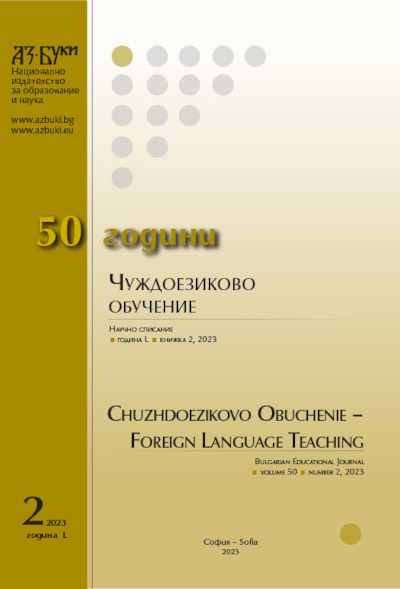Les mots pour rire
Words for Laughing
Author(s): Bilyana MihaylovaSubject(s): Social Sciences, Language and Literature Studies, Education, Foreign languages learning, Applied Linguistics, Language acquisition, Descriptive linguistics, School education, Vocational Education, Adult Education, Higher Education , Philology, Inclusive Education / Inclusion, Stylistics, Distance learning / e-learning, Pedagogy
Published by: Национално издателство за образование и наука „Аз-буки“
Keywords: etymology; emotions; laugh; semantic typology
Summary/Abstract: The article examines the origin of the words denoting ‘laugh’ and ‘laughter’ in the Indo-European languages. The semantic changes are analyzed on the basis of the relation ‘A’ > ‘laugh, laughter’, A being the source meaning. The descendants of a single root with primary meaning ‘laugh’ are spread out in several Indo-European languages: the root *smey-. Expectedly, the most common source of the words for laugh are some primary concepts related to different sounds. Other semantic developments that have been found are from words with primary meaning ‘show one’s teeth, make a grimace’, ‘brilliant, joy’, ‘pleasure’ and ‘burst’, the latter giving also rise to expressions such as English ‘burst in laugh’.
Journal: Чуждоезиково обучение
- Issue Year: 50/2023
- Issue No: 2
- Page Range: 128-136
- Page Count: 9
- Language: French
- Content File-PDF

